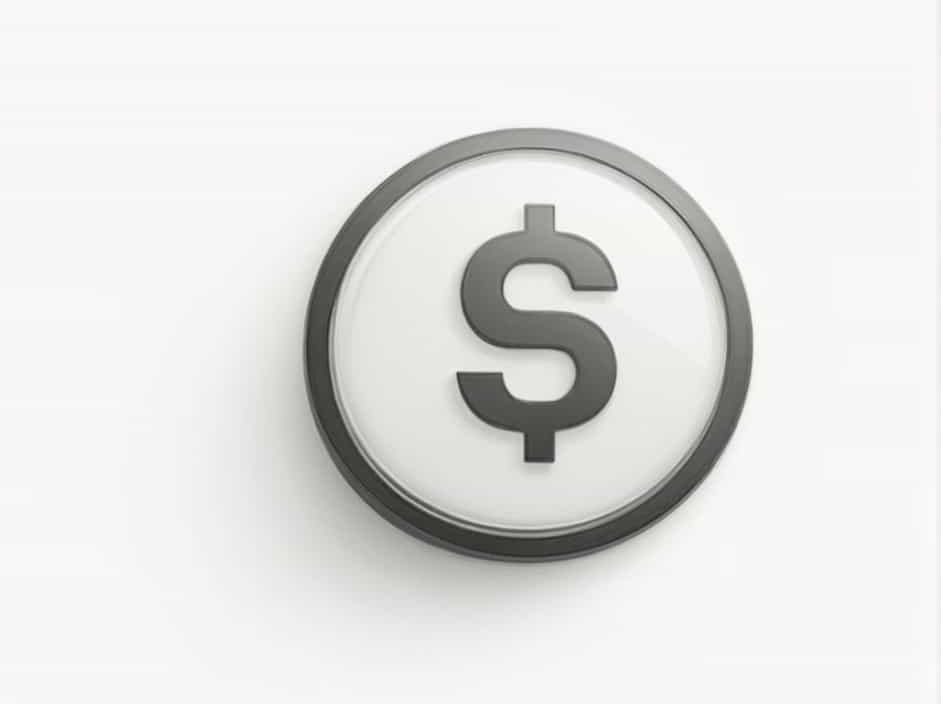Debt consolidation can be a great solution for managing multiple debts, but choosing the right debt consolidation company is crucial. Asking the right questions will help you understand the terms, costs, and potential risks before making a decision.
This guide covers essential questions to ask a debt consolidation company to ensure you’re making an informed choice.
Understanding Debt Consolidation
Before speaking with a company, it’s important to understand how debt consolidation works. It involves combining multiple debts into a single loan or payment plan, often with a lower interest rate. This can simplify finances and reduce monthly payments.
Key Questions to Ask a Debt Consolidation Company
1. Are You a Licensed and Accredited Company?
Always verify the company’s credentials. Check if they are registered with financial regulatory bodies and accredited by organizations like the National Foundation for Credit Counseling (NFCC) or the Financial Counseling Association of America (FCAA).
2. What Types of Debt Consolidation Programs Do You Offer?
There are different types of debt consolidation, such as:
- Debt consolidation loans – A new loan to pay off existing debts.
- Debt management plans (DMPs) – A structured plan to pay off debt over time.
- Balance transfer credit cards – A credit card with a low-interest rate for consolidating debt.
Ask which option is best suited for your financial situation.
3. What Are the Interest Rates and Fees?
The main reason for consolidating debt is to save money. Ask about:
- Interest rates – Will they be fixed or variable?
- Origination fees – Some loans charge upfront fees.
- Prepayment penalties – Can you pay off the loan early without extra costs?
Compare these costs with your current debts to ensure you’re getting a better deal.
4. How Will Debt Consolidation Affect My Credit Score?
Some debt consolidation methods may impact your credit score. Ask:
- Will applying for a consolidation loan result in a hard credit inquiry?
- Will participating in a debt management plan lower my score?
- How long will it take for my credit to improve?
5. Can You Provide a Breakdown of My Monthly Payments?
Ensure you understand the details of your new payment plan, including:
- Monthly payment amount.
- Payment due dates.
- Length of the repayment term.
This helps avoid unexpected financial burdens.
6. What Happens If I Miss a Payment?
Life can be unpredictable, so it’s important to know:
- Are there late fees for missed payments?
- Will missing a payment impact my credit score?
- Can the company offer hardship programs in case of financial difficulties?
7. Will My Credit Cards Be Closed After Debt Consolidation?
Some programs, like debt management plans, require you to close your credit cards. This could affect your credit utilization ratio and overall score. Make sure you know the impact before proceeding.
8. Are There Any Hidden Fees?
Some companies charge:
- Administrative fees.
- Monthly service fees.
- Prepayment penalties.
Get a full disclosure of all costs before signing any agreement.
9. How Long Will It Take to Pay Off My Debt?
Understanding your repayment timeline helps you plan your finances better. Ask:
- What is the estimated timeframe for paying off the debt?
- Can I make extra payments to clear the debt faster?
- Will making extra payments reduce my overall interest?
10. What Happens If My Financial Situation Changes?
If you lose a job or face unexpected expenses, ask:
- Can the company adjust my payment plan?
- Are there financial counseling services available?
- Can I pause payments if needed?
11. Can I Consolidate All My Debts, Including Student Loans?
Not all debts qualify for consolidation. Ask if you can include:
- Credit card debt.
- Medical bills.
- Personal loans.
- Student loans. (Some private lenders allow this, but federal loans have different rules.)
12. Will I Still Receive Collection Calls?
If you’re behind on payments, creditors may continue calling. Ask if the debt consolidation program will:
- Contact creditors on your behalf.
- Stop collection calls once the plan is in place.
13. What Are the Risks of Debt Consolidation?
Debt consolidation is helpful, but it’s not risk-free. Ask about:
- The risk of losing assets if using secured loans.
- The possibility of higher total interest over time.
- Whether it will encourage more debt if spending habits don’t change.
14. What Happens If I Decide to Cancel the Program?
Some companies charge cancellation fees. Ask about the:
- Process for exiting the program if needed.
- Fees involved in early termination.
15. Can You Provide References or Customer Reviews?
A trustworthy company should have positive reviews and testimonials. Check:
- Online customer reviews.
- Complaints filed with the Better Business Bureau (BBB).
16. Will You Provide Everything in Writing?
Always request a written contract before agreeing to any services. Ensure it includes:
- Interest rates.
- Payment terms.
- Fees and penalties.
Red Flags to Watch Out For
Not all debt consolidation companies are reputable. Be cautious if the company:
- Asks for upfront fees before providing services.
- Promises to eliminate all debt instantly.
- Pressures you into signing quickly.
- Has no physical address or legitimate website.
Choosing the right debt consolidation company requires careful research. By asking these important questions, you can avoid scams, find the best repayment plan, and regain financial stability. Always compare multiple companies, read the fine print, and make sure the terms are in your best interest.
